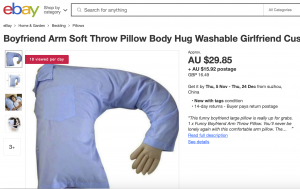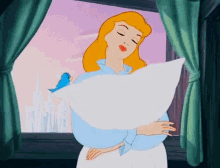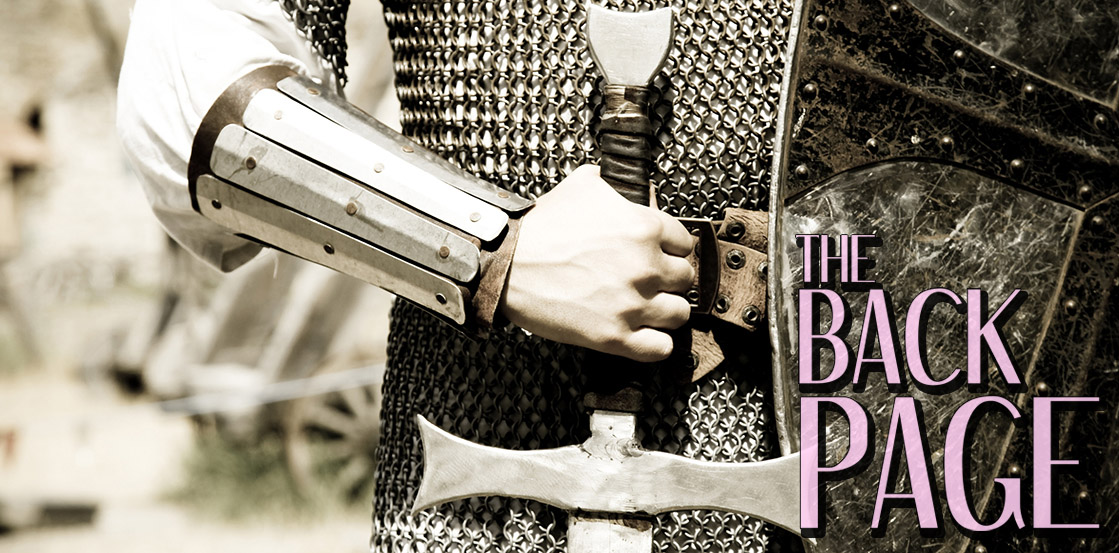Curling up under a chain mail blanket appears to help some people with insomnia get to sleep.
A group of Swedish researchers are battling the insomnia monster with medieval armour – literally.
Their study, published this month in the Journal of Clinical Sleep Medicine, found that curling up under a weighted, chain mail blanket helped some people with insomnia sleep better.
The randomised, controlled study included 120 adults who had both insomnia and a co-existing psychiatric condition (either major depressive disorder, bipolar disorder, ADHD or generalised anxiety disorder).
The people in the study were around 40 years of age on average and around 70% were women.
Half of the study cohort were given a weighted blanket embedded with 8kg of chain mail to snuggle under for four weeks.
The other half of the group were given a sham intervention – a blanket with light, plastic chains the same shape and size as the metal chains, but only 1.5kg in weight.
If people found the 8kg blanket too heavy, they could swap it out for a 6kg blanket.
The people who spent their nights under the chain mail blanket were 26 times more likely to self-report a 50% drop in insomnia severity than the control group.
They also had better sleep maintenance, a higher daytime activity level, and reduced symptoms of fatigue, depression and anxiety.
This result persisted into the 12-month follow up period.
How you get your zzz’s is none of The Back Page’s business, whether it be one of those creepy boyfriend pillows or listening to the sound of rainforest birds or replaying Harry Potter audio books too many times – whatever gets you to sleep at night.

Likewise, there’s no shame in drifting off into dream land under a chain mail blanket… after all, it’s just like getting a massage, the authors say.
“A suggested explanation for the calming and sleep-promoting effect is the pressure that the chain blanket applies on different points on the body, stimulating the sensation of touch and the sense of muscles and joints, similar to acupressure and massage,” said lead author and psychiatrist Dr Mats Alder from the Karolinska Institutet in Stockholm in Sweden.
“There is evidence suggesting that deep pressure stimulation increases parasympathetic arousal of the autonomic nervous system and at the same time reduces sympathetic arousal, which is considered to be the cause of the calming effect.”

If you see something stupid, say something stupid… If you fall asleep at the keyboard, send your lkjhhjjhjhjhjhhjhjhjh to felicity@medicalrepublic.com.au.


